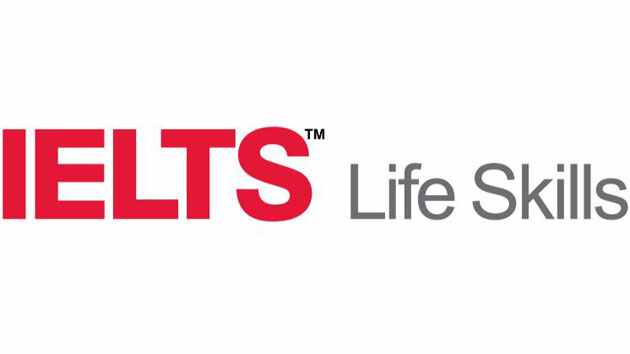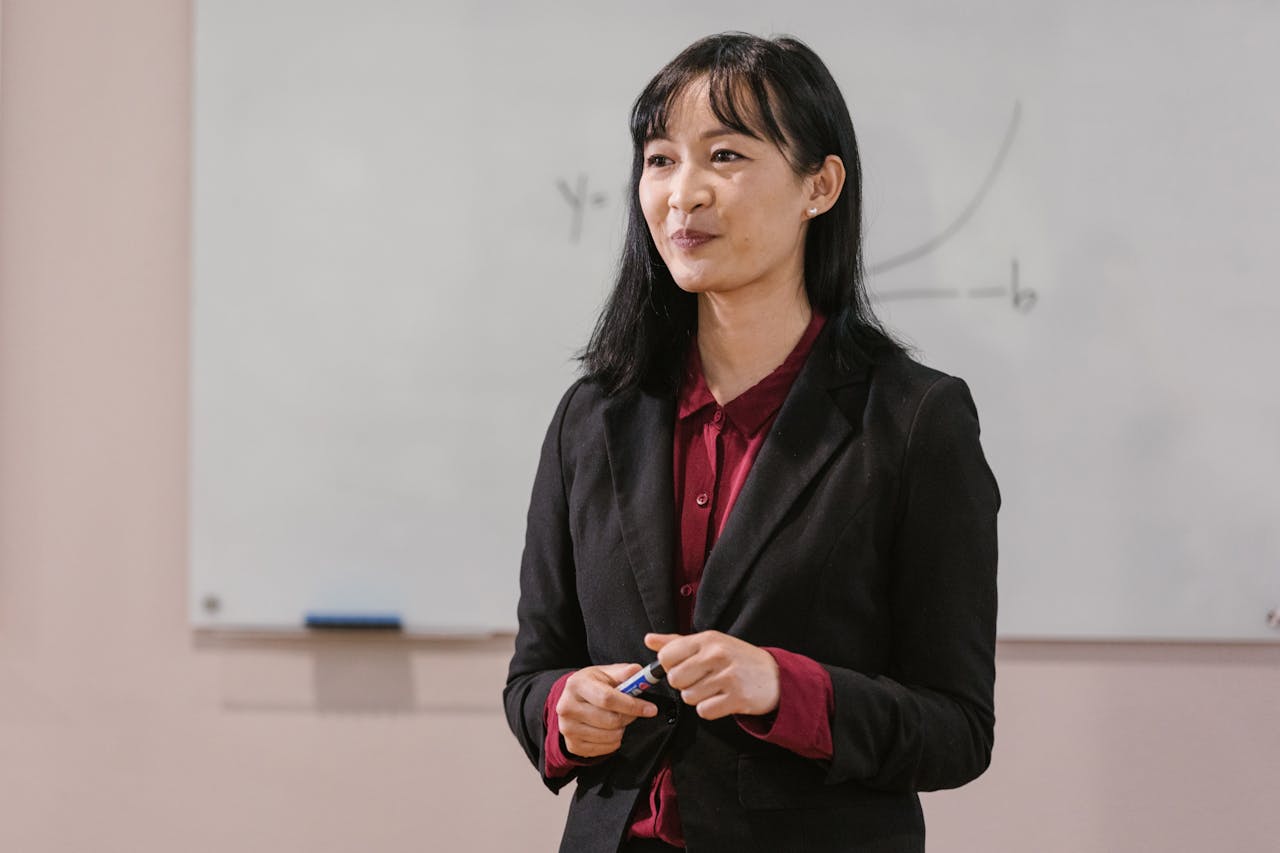It’s the age of new teaching strategies, new technologies and new policies, and educators and administrators will have to stay on top of their game if they hope to make an impact. If they don’t continue learning, they risk falling behind, and that can affect their students’ learning outcomes.
For teachers, this can mean developing skills, discovering better ways to get students involved and keeping up with recent research. For administrators, it means strengthening leadership abilities, refining school policies and cultivating an overall better learning environment for students and teachers alike.
This article explores why lifelong learning is essential for educators and administrators alike and how it can have a significant impact on teaching quality, student achievements, school success, and career advancement.
Strengthening Leadership Skills
Teaching is more than just knowing a subject; it’s about understanding how to teach! Great teachers are the ones who persistently enhance their craft, diversify their strategies, and check out novel methods to convey content. Education doesn’t end when you leave school. When teachers continue to grow in their knowledge, they can introduce and implement new teaching practices, better meet their students' needs, and improve the classroom environment.
Lifelong learning is essential for administrators who want to be effective leaders. Running a school is about more than enforcing policies — it’s about decision-making, problem-solving and long-term planning. By continuing their education, administrators can learn how to better support teachers, create effective policies, and manage schools.
One of the most effective ways to improve is to obtain additional certifications (or degrees). The insights from an advanced education degree, such as an MA Education degree, foster the sharing of best practices on curricula and classroom management, developing learning techniques for interpreting students' needs – all these facilitate personal and professional growth. Workshops, professional development courses, and educational research are all great methods for growth as well.
Staying Up to Date with Technological Advancements
Technology is transforming education in a way we could not have envisioned decades ago. With digital classrooms, artificial intelligence-based learning tools, and data-driven assessments, you can enrich and encourage interactive and effective learning among students.
Instructional design has significantly improved through the use of online tools, allowing students to better master concepts at a comfortable speed. Virtual reality, gamification, and AI-assisted tutoring can create interactive sessions, turning lessons from textbooks into engaging explorations. Teachers who keep up with these tools can invigorate their lessons and make sure their students don’t get left behind.
By integrating cloud services for digital record-keeping, automated scheduling, and data analysis, technology can help administrators streamline school operations, enhance communication, and facilitate tracking of student performance more efficiently. Schools that use technology to their advantage operate more effectively and create a better learning environment for all. Staying up to date with these tools allows both teachers and administrators to be more productive.
Become Responsive to the Diverse Needs of Students
Today’s students are unlike students of the previous generations. They learn in different ways, face different challenges, and are growing up in a world that values adaptability.
For educators, knowing what is going on and what awaits us on the educational front makes it much simpler to build classrooms that are inclusive, fair, and effective. By using approaches such as differentiated instruction, student-centered learning, and flexible assessments, teachers can help students succeed. When educators are learners themselves, they can better address the needs of a particular student and build a more productive environment.
School administrators play a key role in creating policies that promote well-being among students. Whether it’s implementing mental health programs, developing special education initiatives, or designing inclusive curricula, administrators need to be aware of the most recent research and best practices. This helps them stay proactive in addressing the evolving needs of students.
Further Developing Critical Thinking, Problem-Solving Skills
The field of education can be hard to navigate. From student behaviour problems to administrative disputes, there are endless issues that can emerge at any given moment. Educators and administrators involved in learning become better problem-solvers and are better prepared for the challenges that lie ahead.
Ongoing professional learning equips teachers in the classroom to overcome challenges, whether that’s about adjusting lesson plans at a moment’s notice, reacting to students who are struggling in the class, or finding new solutions to engage students. As we know, critical thinking and adapting to different situations leads to a much more effective learning environment.
For administrators, improvement helps them address their institution's challenges. Whether you’re dealing with budget cuts, new regulations, or school-wide crises, having robust problem-solving skills makes a world of difference. Lifelong learning empowers administrators to know to make the right decisions and handle unanticipated problems successfully.
Enhancing Student Success and Staying Knowledgeable
Ultimately, everything that educators and administrators do should be focused on the single goal of helping students succeed. By exercising and adopting the lifelong learning process in the field, teachers cultivate effective instructional planning, classroom management and assessment skills to enhance student performance.
For educators, staying up to date with the current teaching trends increases learning engagement, comprehension, and retention rates.
Student success is equally impacted by the role of administrators. Schools that spend time and money on teacher training, offer up-to-date resources through their libraries and labs and put support systems in place produce better academic results. Continuous learning provides administrators with the opportunity to establish initiatives that increase graduation rates, improve student retention and bolster the institution’s reputation.
Students thrive when educators and administrators practice ongoing learning.
Lifelong learning is a good habit associated with educators and administrators— and it is essential. Education is an industry that is experiencing a transformation, and those who can’t keep up are at risk of being left behind. Research shows that teaching professionals who upgrade their skills through development activities enhance their classroom techniques, connect with students more effectively, and ultimately ensure improved learning outcomes. When administrators continue learning, great leaders emerge, policies are improved, and spaces are created for teachers and students to soar.
For educators and administration, adopting a lifelong learning approach will not only keep them at the forefront of the evolution in education, it will also enable them to shape the future of education.

.jpg)




